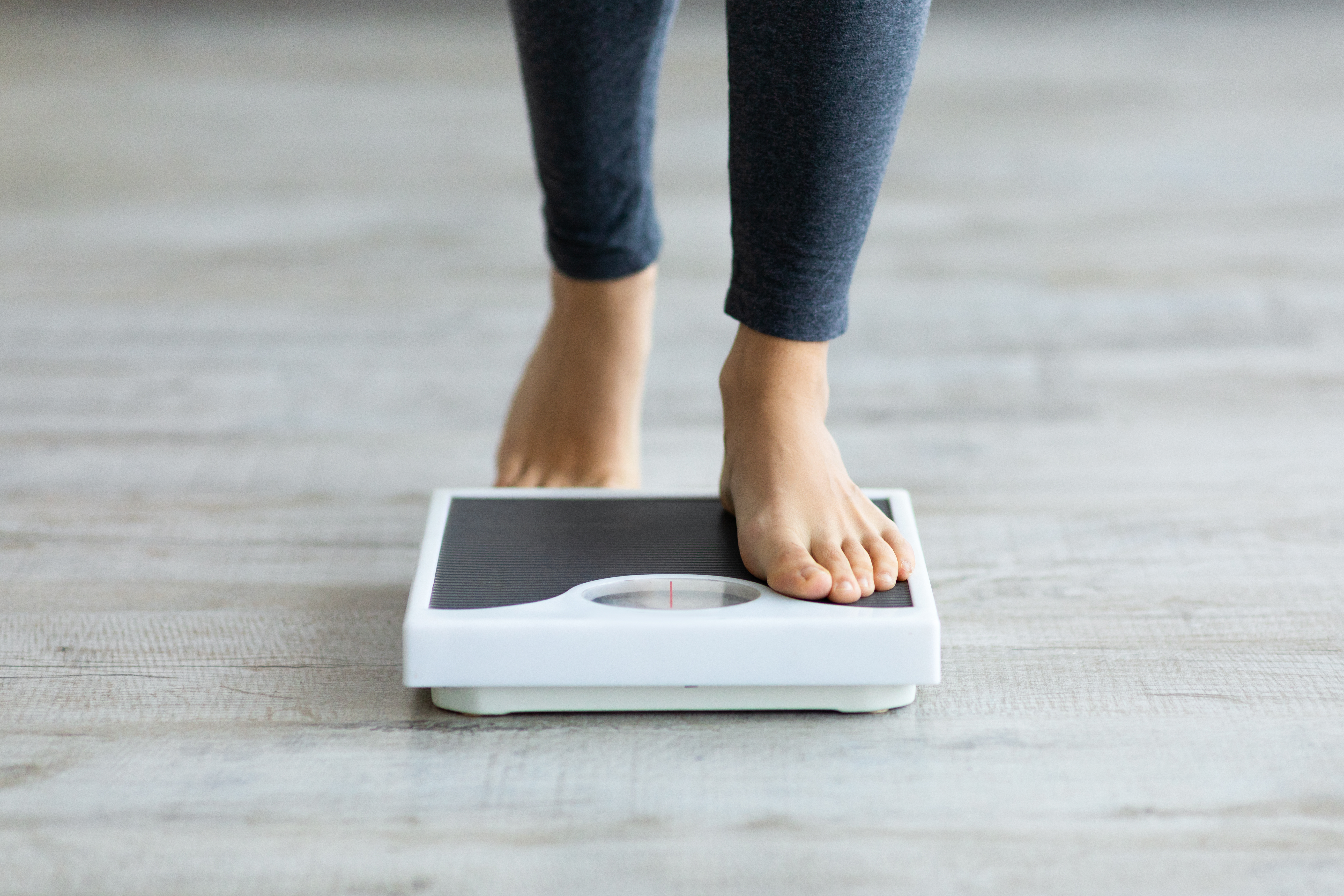Mind-Boggling Reasons Your Knees Are Yelling 'Ouch!'
7. The Impact of Sleep on Knee Recovery

Sleep is a fundamental aspect of health and recovery, yet its role in knee pain is often underestimated. During sleep, the body undergoes repair and regeneration processes, including the healing of tissues and reduction of inflammation. Poor sleep quality or insufficient sleep can hinder these processes, leading to prolonged pain and slower recovery from knee injuries. Additionally, sleep deprivation can increase the perception of pain, making knee discomfort more pronounced. By prioritizing good sleep hygiene and ensuring adequate rest, individuals can support their body's natural healing processes and reduce knee pain.
8. The Surprising Effects of Weight Fluctuations

Weight fluctuations, whether due to rapid weight gain or loss, can have a significant impact on knee health. Excess weight places additional stress on the knee joints, increasing the risk of pain and injury. Conversely, rapid weight loss can lead to muscle loss and decreased joint support, also contributing to knee pain. Maintaining a stable, healthy weight through balanced nutrition and regular exercise is crucial for supporting knee health and preventing pain. By understanding the relationship between weight and knee health, individuals can make informed choices to protect their knees.
